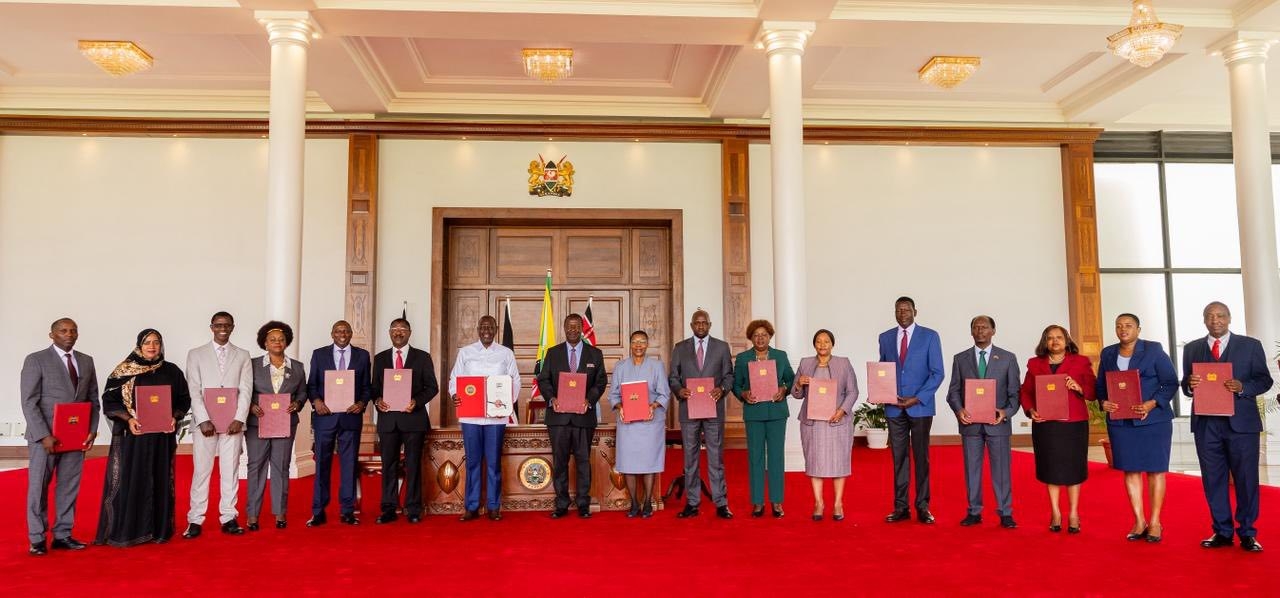The Institution of Engineers of Kenya has expressed reservations over the planned leasing of the Jomo Kenyatta International Airport to an Indian investor for its expansion and modernisation.
The institution said the proposed lease of the airport and its facilities to the Adani Airport Holdings for a period of 30 years under a Privately Initiated Projects (PIP) agreement is long overdue since the JKIA is in dire need of expansion.
“Being the major airport in Kenya, JKIA needs to embrace healthy competition from other regional hubs. Additionally, for the airport to compete effectively with other regional air hubs such as Entebbe, Johannesburg, Cairo, Addis Ababa Kotoka International Airports (Accra), the current infrastructure needs to be modernised and expanded.”
This, the engineers say, will help retain the present airlines and also attract new operators as the traffic volumes continue to grow in Africa.
The Adani group proposes to modernise the airport using a 3-phased approach.
Phase 1 (2024-2028) will include a new terminal building to include taxiways, a 4 by 4 lane to link terminals, a grade car park, a utility block, and a City Side Development (CSD) consisting of many hotels and refurbishment of existing terminals.
Phase 2 (2029-2035) will include the improvement of taxiways with the addition of high-speed turn-off and a taxiway and the construction of remote aircraft parking stands in front of the new terminal building.
Phase 3 (2046-2054) will include expansion of the main terminal building to handle eight million passengers, construction of contact and remote aircraft stands, improvement of the landside road network to include a grade car parking facility, and equipping of the airside facility with a CAT I system supported by other airfield facilities.
However, the Institution of Engineers of Kenya (IEK) says the proposal seems to mainly focus on the City Side Development (CSD), with a focus on setting aside 30 acres for it.
“This will not solve the immediate issues facing the airport, but rather tap into the opportunities that should follow the growth and expansion of the airport,” the body said.
They further say construction of hotels and malls is set to start almost immediately after the lease is signed, yet this is not a priority.
The body is also concerned that terminal and taxiway developments are envisioned but construction is set to start in Phase 2 (2029-2034), and further points out that there is no proposal for a new runway in the 30-year concession period.
“The proposal on the provision of ILS CAT-I facilities in 2046 is unfortunate. JKIA currently has a CAT-1 ILS, and improving this to CAT II or to CAT III would be more desirable,” IEK said.
The engineers' body is also concerned over the preference of a foreign entity to undertake the airport upgrade works, yet there are equally qualified engineers in the country who can get the job done.
They said while external expertise and investment can be beneficial, it is essential to evaluate whether their involvement is necessary for all aspects of modernisation.
IEK argues that the use of local knowledge and skills fosters continuous growth and innovation and contributes to the country’s long-term development.
“When these assets are controlled by foreign commercial entities, the growth of local skills is hindered. This is because foreign management often prioritises their own expertise and resources, limiting opportunities for local engineers to gain hands-on experience and build capacity,” the body said.
The body called for a more inclusive approach to the modernisation of JKIA and other airport facilities, saying it’s open and willing to engage the government on the issues raised.
“We would like to emphasise the importance of local content and fair, competitive engagements in agreement with the law.”












